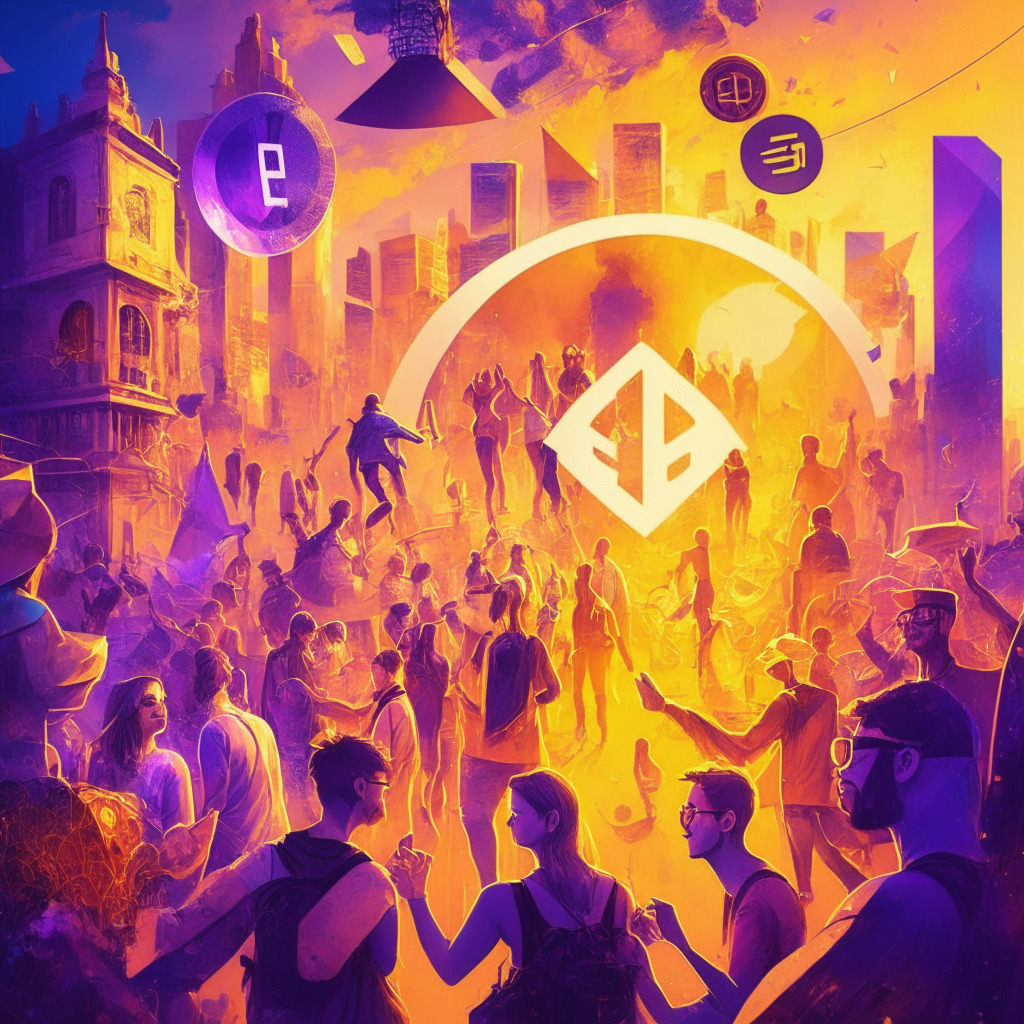The digitization of El Salvador’s governance, healthcare, and education systems is getting a significant push with the announcement of a 7-year partnership between the national government and tech giant, Google Cloud. This initiative is intended to bring the country’s infrastructure up to speed with modern technology, making El Salvador a recognised hub of innovation.
The ambitious project is set to initiate substantial changes within the governmental framework – streamlining projects, processes like invoicing and permitting, and enhancing the performance of the healthcare and education sectors. It is also expected to bring infrastructural resources closer to where data is generated, a move that could be a game-changer in a data-driven world.
However, the move has had its share of skeptics. The digital transformation of an entire nation’s infrastructure is no small task and is contingent on a host of factors, including full legislative approval, positive market conditions, and cooperative governance. The impact of such a wide-scale initiative on the country’s citizens, particularly in terms of privacy, transparency, and security, is also yet to be determined.
The current administration led by President Nayib Bukele, has been very receptive to technology and foreign investments, leading to the announcement of the landmark partnership. On the other hand, the entry of Google Cloud into El Salvador is a first for Latin American governments, opening up new trajectories for cloud technology applications.
This partnership will likely bolster El Salvador’s standing on digital innovation, especially considering its recent attempts at integrating Bitcoin (BTC) into society. The provision of Google Distributed Cloud (GDC) services allows for Bitcoin full nodes with Ordinal Protocol support. In a related development, cryptocurrency exchange Binance was also granted a license to offer crypto services in the country.
El Salvador’s approach to digitizing the country’s governance, healthcare and education sectors is indeed a bold move. Its success or failure could work as a playbook or cautionary tale for other countries looking to venture down a similar path. This partnership between the Salvadoran government and Google Cloud is evidence of the transformative potential of technology on a national scale.
Source: Cointelegraph




